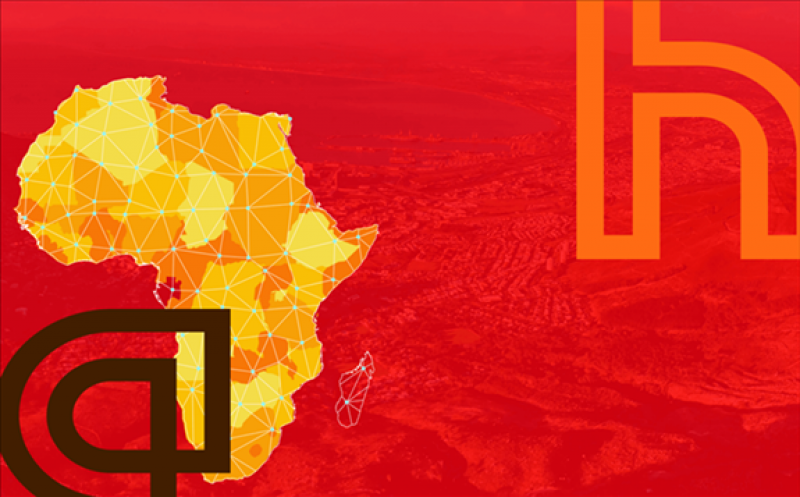The Africa Hydrogen Partnership (AHP) has today been boosted with the addition of 14 new pioneer members from across the globe that are committed to hydrogen as a means for decarbonisation.

Anglo American, Bluenergy Revolution, Cheranna Energy, Gencell, HDF Energy, Hydroma, Hydrox, Hypowa, iH2 – Ivoire Hydrogène, Jacob Lawren, Mobility Africa Energy, Port of Rotterdam, RTS Africa Engineering, and Sable Chemicals have been named as the newest members.
A multi-stakeholder association that in 2019 unveiled an ambitious vision to transform Africa from a vast continent in need of products, infrastructure, energy and mobility, to a region at the forefront of clean technologies with a thriving hydrogen value chain, AHP is committed to a decarbonised future.
With its new members, the partnership will boost its efforts and welcome new knowledge and perceptions.
Dr Innocent Uwuijaren, Chairman of the AHP, said, “Many regions in Africa offer great potential for producing low-cost, price competitive green or natural (native) hydrogen with a minimal impact on bio-habitat and biodiversity, so it has been hugely exciting to see our Partnership gathering momentum in terms of numbers and influence.
“Developing hydrogen economies in Africa will reduce the economic burden of importing costly refined fossil fuels, generate revenue streams from exporting green hydrogen as well as from sales activities of energy intensive industries while creating wealth domestically and supporting fair socio-economic development.
“Many African countries could leapfrog to the new age of hydrogen technologies. The AHP is confident that clean, sustainable and renewable green or natural (Native) African hydrogen will price diesel and petrol out of the market between 2025 and 2030.”
As H2 View wrote previously, Africa has abundant solar, wind, geothermal and hydropower resources, and also large areas of land that are not suitable for agriculture. The continent is consequently ideally equipped and positioned to export clean energy in the form of hydrogen and its carrier technologies. The export of hydrogen would provide a third option to fund green hydrogen programmes.
The abundance doesn’t stop at the renewable energy sources or non-agricultural land space. Africa has a wealth of the mineral resources required for clean energy technologies. Africa’s population is expected to more than double this century and it is the home of several of the world’s fastest growing economies. The infrastructure, industrial, energy, transport and consumer goods sectors are all expanding and have the chance to move straight to clean technologies and so ‘leapfrogging’ fossil-based energy. Africa is only responsible for 3% of the world’s annual CO2 emissions, but already faces the impacts of climate change.